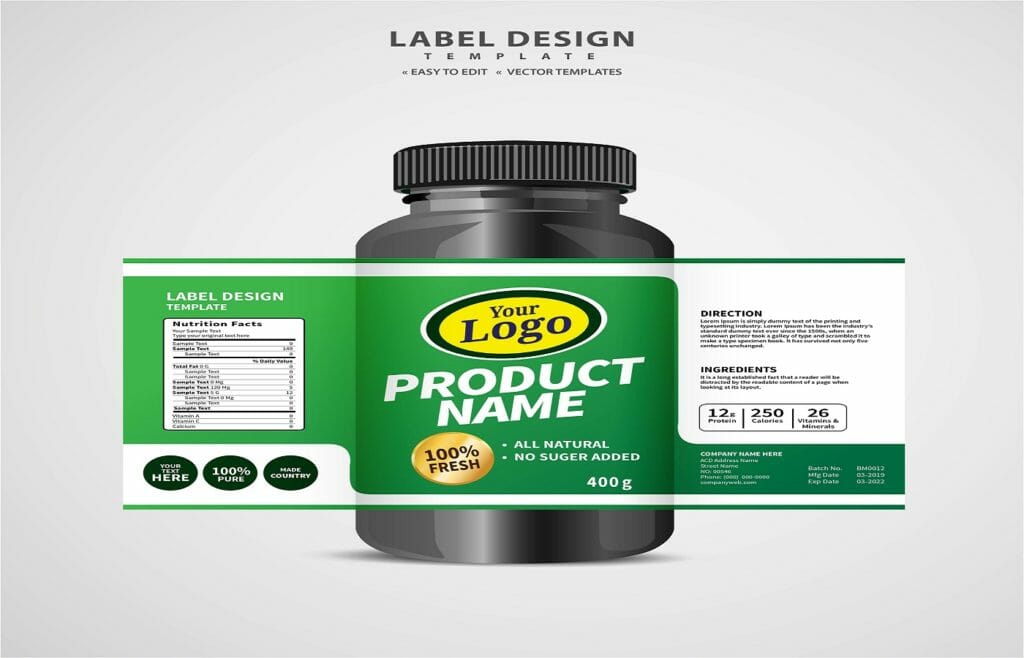
Through a letter dated 9 March 2020 the FSSAI has brought to the notice the serious challenges to food safety because of counterfeiting of food items. Per se the act of counterfeiting is an infringement of IP laws and this is not the domain of the Food Safety and Standards Act, 2006. However, since counterfeit food items are likely to be substandard and sometimes even unsafe, therefore the FSSAI has asked the state food safety administration to be vigilant about it.
An article was published recently in a national magazine on counterfeit food goods. The URL for the article is available at;
https://www.outlookindia.com/magazine/story/business-news-fake-bazaar-from-lipsticks-to-toothpastes-noodles-to-milk-counterfeit-products-make-a-killing/302225
In this regard a meeting was held on 13 November, 2019 under the Chairmanship of CEO, FSSAI in partnership with FICCI- CASCADE, with representatives of food industry in order to sensitise and deliberate about the various issues and aspects related to counterfeiting of food items in India. In this context, and on the basis of the discussions held with the various industry stakeholders, the FSSAI has advised Commissioners of Food Safety of all States and UTs and all Central Licensing Authorities and all Authorised Officers (for Food Imports) to take action on the following points immediately:
- Conduct regular market surveillance for food products selling significantly below MRP and likely to be counterfeit. Such action may be taken in coordination with local police or other authorities related to counterfeiting. Sensitization of police and other agencies is important to ensure effective investigation and identification of the source points and their closure.
- Local intelligence needs to be developed to identify commodities, hot spots and trends in counterfeit food goods. Inputs and coordination with major brands will also help in generating actionable information.
- Reportedly many imported/ foreign food goods are available in the market that is clandestinely imported without FSSAI approval. These may or may not be counterfeit, however do not have FSSAI approval and hence are not allowed. While the import mechanism is being strengthened to reduce such occurrence, the easy availability of such goods on e-commerce platforms, reputed malls and food retail outlets conveys an impression of sanctity to consumers. The FSSAI has requested the concerned officers to conduct regular surveys to identify selling of such imported/ foreign food goods which do not have FSSAI licence.
- E-commerce players will need to be sensitized to put in place mechanisms to prevent sale of counterfeit food goods and illegal imported goods on their platforms. They must ensure that sellers of food goods on their platform must be FSSAI registered/ licensed. Besides this, in case of packaged food, only goods which have FSSAI registration /licence indicated must be allowed for sale.
- Besides the above, there is a need to ensure requisite availability of manpower for all activities of food safety. States need to clearly identify the number of DO and FSO posts required for food safety administration and take steps to create the post and fill them. Similarly, technical posts in laboratory need to be filled besides upgrading of the laboratories.
The FSSAI has also asked the Food Safety Officers to share with it the action taken in this regard and the outcomes of the actions taken.
Source: FSSAI
Leave a Reply